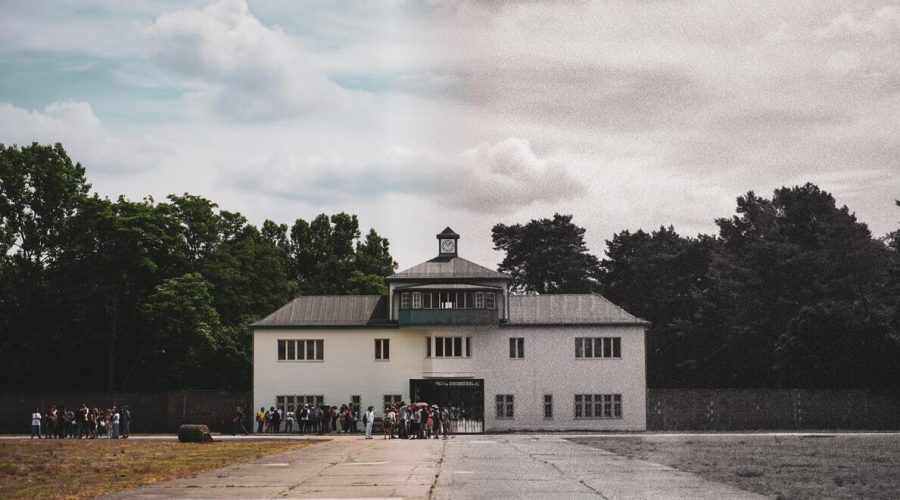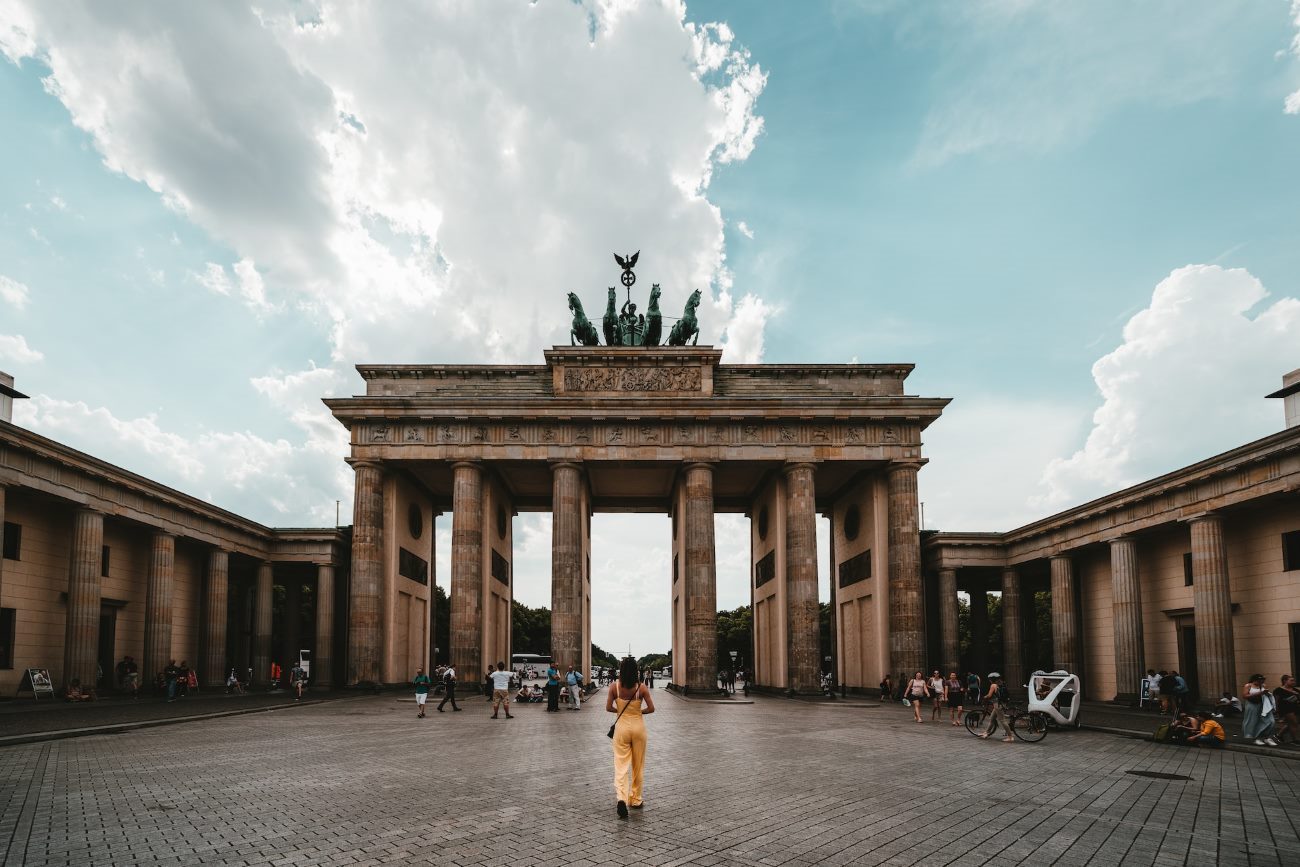How Can You Navigate Sensitive Historical Topics During Your Berlin Tour?
Preparing a Berlin travel itinerary brings great promise for both pleasure and intellectual fulfillment. The exciting exploration of this city will reveal numerous sites which have global significance for Germany. Throughout its history Berlin has experienced both favorable and troubling events such as World War II and the Cold War. Every visitor should handle delicate historical sites by demonstrating empathy along with respect together with recognizing their impact on the city’s identity.
-
Educate Yourself
Research all historical points of interest you will see ahead of your journey. Researching key points along with historical figures and contextual information about each historical topic enables better understanding of their significance. Berlin’s historical information can be found through the use of books along with documentaries and online articles.
Prior to your visit, research and study different viewpoints on single historical events. You will need this broader understanding to prevent taking a partial view of historical topics. The complexity of historical events makes different sources present conflicting interpretations of similar events.
-
Engage with Local Guides
Your tour booking should include selection of local guides who specialize in historical subjects. Tour guides possess specialized knowledge that gives you access to history-related information guidebooks and online resources do not provide. Using your local guide who possesses an extensive knowledge of the field will enable you to address sensitive issues properly while providing you with detailed explanations that enhance your learning.
Research tour operators and single guides who make responsible ethical tourism their main priority before selecting a booking. Check the feedback along with understanding their protocols when discussing delicate matters. The experienced tour guide possesses the ability to deliver historical facts through non-sensationalized and non-subjectified historical accounts.
2.1. Ask Questions
As you tour with us feel free to pose any queries about the sites and information we provide. Deepening your questions to the guide will lead to more detailed explanations about the topic. Your questions should be both respectful and considerate in nature. Treat delicate historical subjects with compassion because the guides might hold personal relations with the events they explain.
Maintain an open mind along with the willingness to absorb multiple points of view from others. A purposeful dialogue and deep comprehension form the reason behind asking questions because it enables us to engage in meaningful interactions without questioning the guide’s expertise or understanding.
-
Show Respect and Sensitivity
Show respect combined with thoughtfulness at all locations with historical importance. Several sites maintain significant value to people who survived the recorded events or were tangentially involved with them directly. Keep away from disrespectful actions including untoward selfie-taking and noisy disturbance.
All visitors should read and follow established rules and regulations at their touring destinations. The established rules exist to defend historical objects and build a place of respectful contemplation.
3.1. Photography Etiquette
When photography rules exist for historical sites maintain subject sensitivity in your picture-taking activities. Self-obsessed photo-taking along with the creation of carefree images should be avoided because they diminish the sacred value of the site. Request permission before photographing local people and keep their denied requests unquestioned. Using photography responsibly enables people to capture the fundamental character of historical sites and their significant past.
-
Reflect and Engage in Dialogue
Spend a short period for self-reflection following the conclusion of your informational visit. Tap into conversations together with tour group members and native people and engage with virtual groups online to exchange knowledge with others and hear their insights. The conversations you engage in will let you attain a stronger grasp of all historical topics you observed throughout your journey.
The historical learning process evolves as an ongoing activity. Continuing education about additional historical subjects and revisiting past information through advanced research will help your growth.
-
Share Your Experience Responsibly
Online sharing of your travel experiences should always be done sensibly. Reserve extreme language treatment of difficult historical matters when presenting them to the public. Focus your online content on sharing reflective and respectful insights which demonstrate the historical importance of both the event and the site.
5.1 Respect Local Privacy
You need to maintain individuals’ privacy while sharing any personal stories or images that feature persons linked to historical events. Reach agreement from local people prior to sharing photographs or sensitive data regarding them.
Using empathy and respect alongside your quest for understanding historical subjects will provide depth to your Berlin experience and produce responsible historical exploration.
Table of Contents



